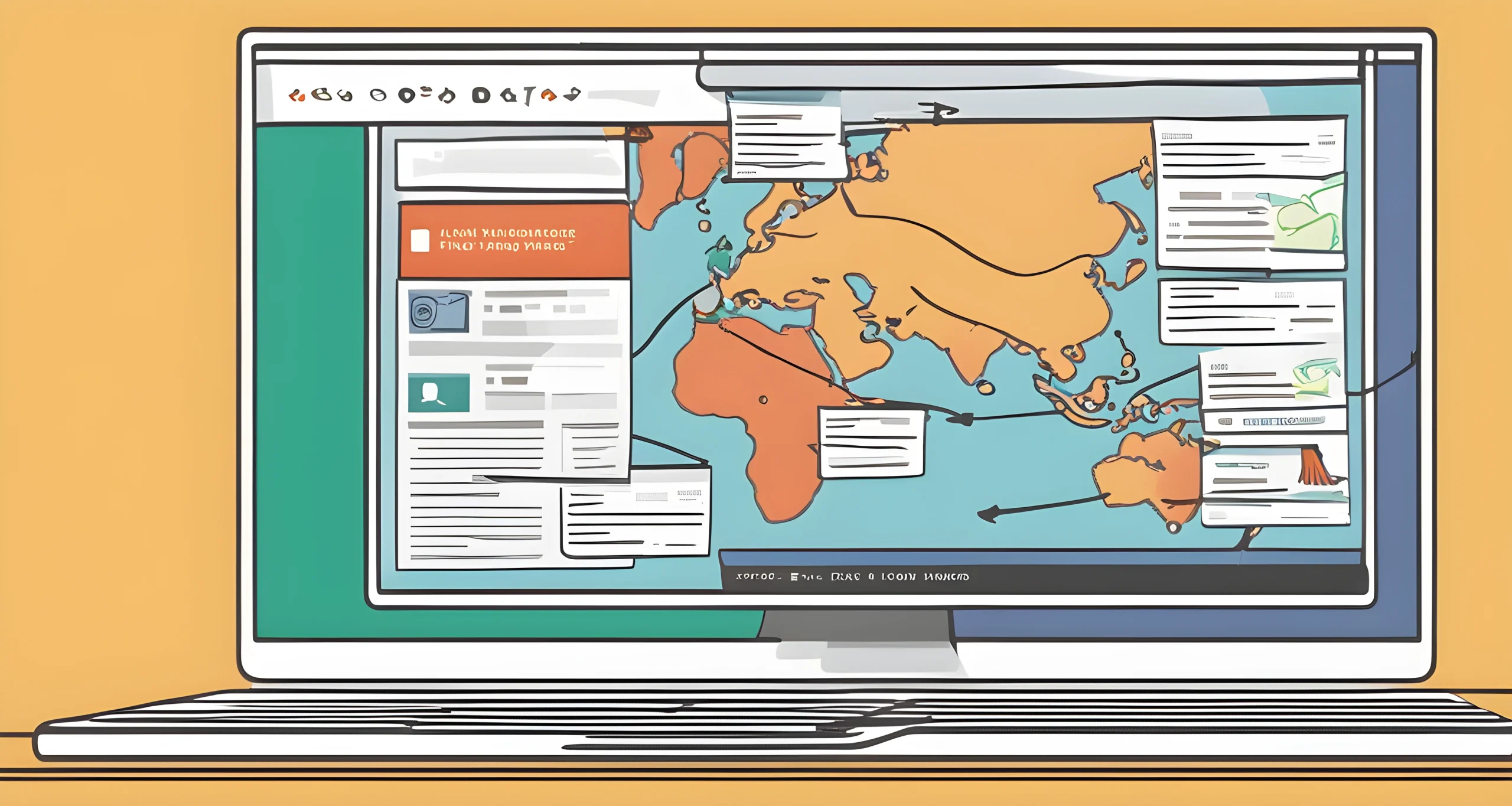Introduction
Welcome to the ultimate guide on finding cheap flights! Whether you’re a seasoned traveler or a newbie looking to explore the world on a budget, this guide will provide you with valuable tips and tricks to help you save money on airfare.
The Importance of Flexibility
When it comes to finding cheap flights, flexibility is key. Being open to different travel dates and destinations can help you secure the best deals. Utilize search engines like Google Flights, Skyscanner, Kayak, and Momondo to compare prices across different airlines and routes. These tools also allow you to set fare alerts and track price changes, ensuring you don’t miss out on the best deals.
Key Factors to Consider
In this guide, we’ll cover a range of essential factors to consider when looking for budget-friendly flights, including:
- Understanding the best times to book flights
- Exploring alternative airports and travel routes
- Making use of airline promotions and loyalty programs
- Leveraging budget airlines for affordable travel options
Budget-Friendly Accommodations
In addition to finding cheap flights, it’s important to consider economical lodging options. Be sure to check out our companion guide on budget accommodations Economical lodging options for tips on finding affordable hotels and hostels during your travels.
By the end of this comprehensive guide, you’ll be equipped with the knowledge and tools needed to navigate the world of air travel and find the best deals on flights. Let’s dive in and start saving money on your next adventure!
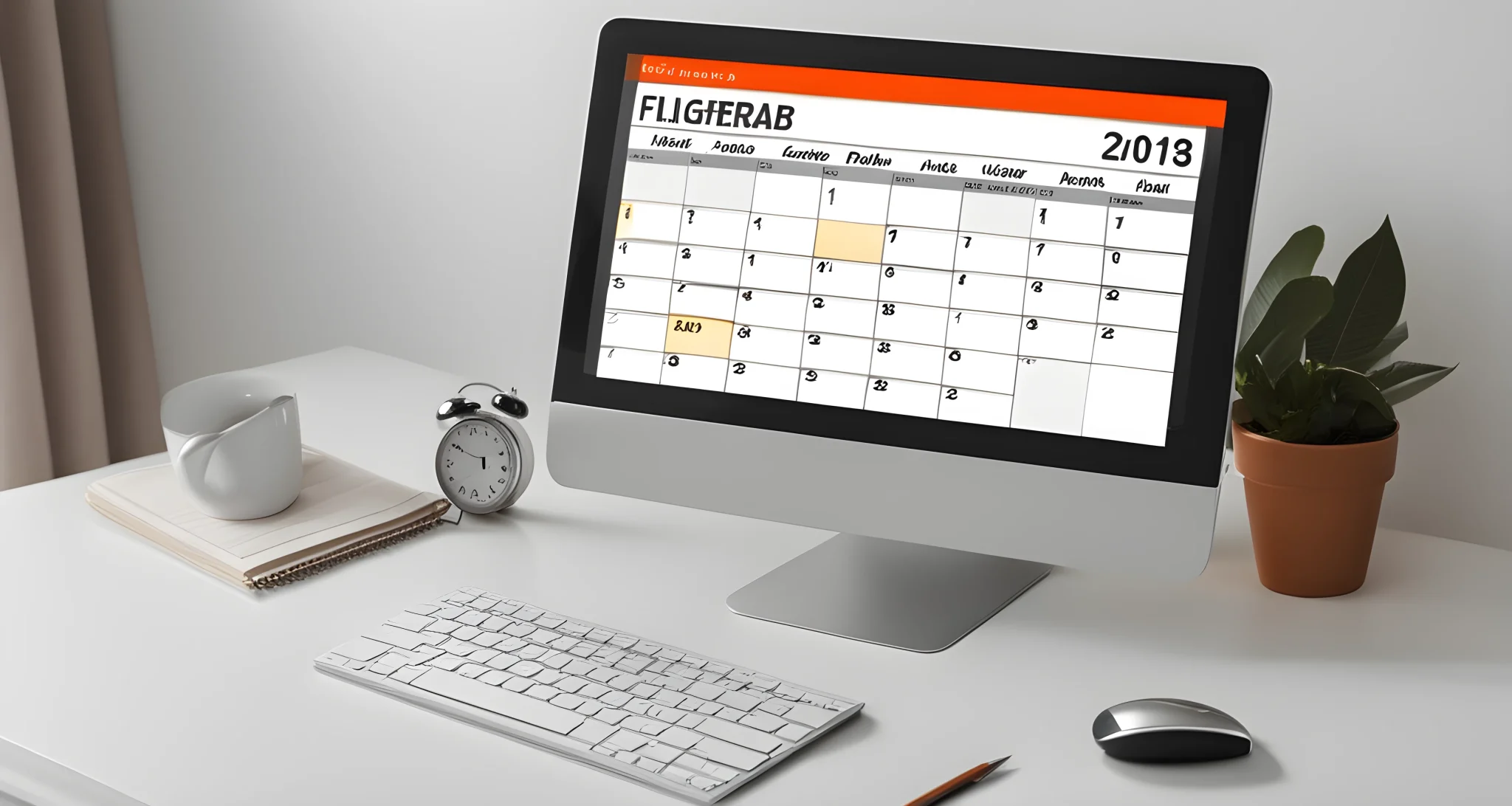
Factors to Consider for Budget Travel
When it comes to finding cheap flights, there are several factors to consider to help you save money and stick to your budget. Here are some key factors to keep in mind:
Flexibility with Travel Plans
- Being flexible with your travel dates and times can significantly impact the cost of your flights. Consider traveling during off-peak times, such as mid-week or during the shoulder season, to take advantage of lower fares.
- Look for alternative airports near your destination, as they may offer cheaper flights compared to major airports.
- Consider using budget airlines and less popular routes to find more affordable options. These airlines often offer lower fares, especially for short-haul flights.
Booking in Advance
- For international flights, booking well in advance, typically 3-5 months ahead of your trip, can help you secure the best prices. Keep an eye out for early bird deals and promotional offers from airlines.
- For domestic flights, aim to book 6-8 weeks in advance to snag the best deals. Last-minute bookings for domestic flights tend to be more expensive.
Last-Minute Deals and Promotions
- Staying updated on airline promotions and social media can help you snag exclusive deals. Many airlines announce flash sales and last-minute offers on their social media platforms or through their email newsletters.
- Keeping an eye out for last-minute deals can also lead to significant savings, especially if you have the flexibility to travel on short notice.
By considering these factors and staying proactive in your search for cheap flights, you can maximize your chances of finding affordable travel options that fit within your budget. Additionally, if you’re a frequent traveler, consider exploring Guide for travel rewards to learn how to maximize travel rewards and take advantage of deals and discounts for future trips.
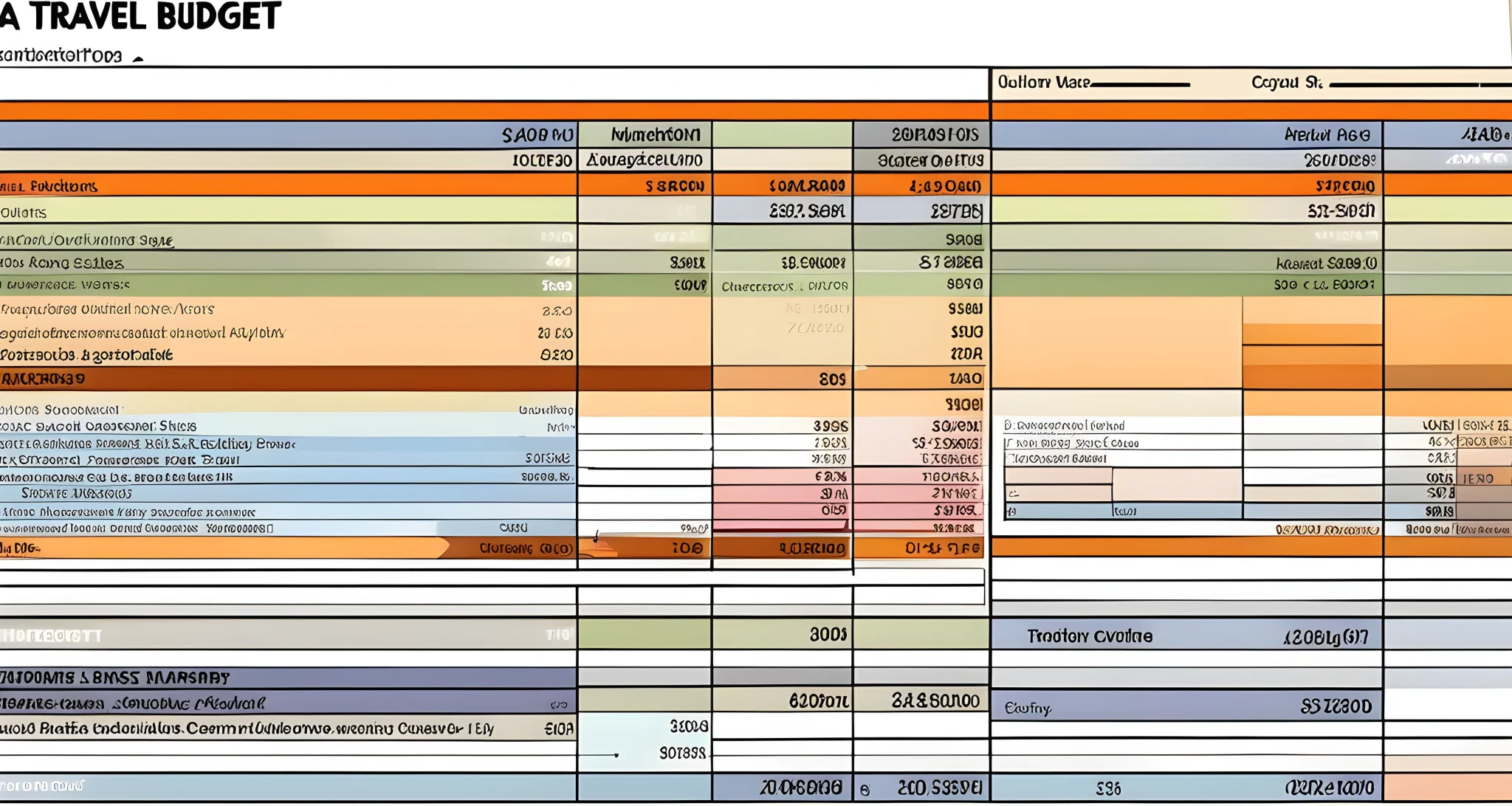
Creating a Detailed Travel Budget Spreadsheet
When it comes to finding cheap flights, creating a detailed travel budget spreadsheet is essential. This will help you keep track of all your expenses and identify areas where you can save money. Here are some tips for creating a comprehensive budget spreadsheet:
-
Use Incognito Mode: It’s important to use incognito mode when searching for flights to avoid dynamic pricing and ensure you see the lowest prices. This can significantly impact the cost of your flight, so be sure to keep this in mind when planning your next trip.
-
Be Flexible with Travel Dates and Destinations: Being prepared to be flexible with your travel dates and destinations can also impact the cost of your flight. Consider using tools like Travel Money-Saving Advice to find the best deals and plan your trip accordingly.
-
Track All Expenses: Create a column in your spreadsheet for all potential expenses, including flights, accommodation, transportation, food, activities, and any other miscellaneous costs. This will give you a clear picture of how much you need to budget for each category.
-
Research Average Costs: Before filling out your budget spreadsheet, take the time to research average costs for things like accommodation, meals, and activities in your destination. This will help you set realistic budget limits for each category.
-
Factor in Currency Exchange Rates: If you’re traveling internationally, don’t forget to factor in currency exchange rates when creating your budget spreadsheet. This will ensure that you have an accurate representation of how much things will cost in your home currency.
-
Keep Real-time Tracking: Make sure to keep track of all your expenses in real-time. This will help you stay within your budget and make adjustments as necessary. Consider using apps or online tools to track your expenses on the go.
By following these tips and creating a detailed travel budget spreadsheet, you’ll be better equipped to find cheap flights and plan a budget-friendly trip. With careful planning and tracking, you can make the most of your travel budget and enjoy an affordable yet fulfilling adventure.
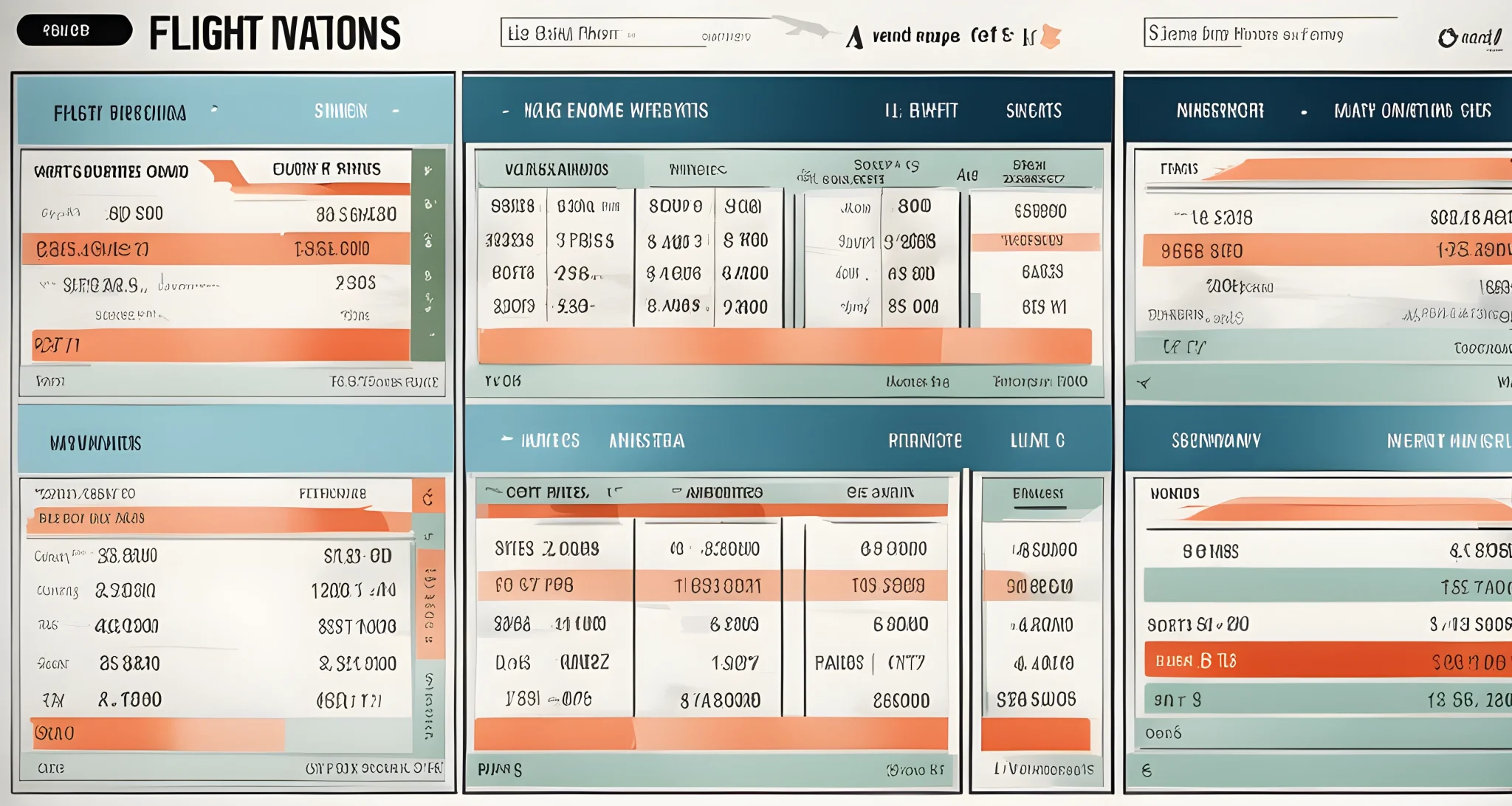
Refining Your Budget with Specific Categories
Once you have a general understanding of the factors that contribute to budget travel, it’s time to get more specific with your budgeting. By refining your budget with specific categories, you can ensure that you allocate the right amount of money to each aspect of your travel expenses. Here’s how you can do that:
Accommodation
- Research affordable accommodation options such as hostels, guesthouses, or vacation rentals.
- Consider using websites like Solo Travel Money-Saving Advice to find budget-friendly accommodation options specifically for solo travelers.
- Set a daily accommodation budget and look for options that fit within that limit.
Transportation
- Research the cost of transportation options such as flights, trains, buses, or rental cars.
- Consider using budget airlines or booking transportation in advance to secure lower fares.
- Allocate a specific amount of money for transportation based on your planned itinerary.
Food and Dining
- Plan your meals and research affordable dining options at your destination.
- Look for local markets or street food vendors for budget-friendly meal choices.
- Set a daily food budget and try to stick to it by tracking your expenses.
Activities and Entertainment
- Research free or low-cost activities and attractions at your destination.
- Prioritize the activities and experiences that are most important to you within your budget constraints.
- Allocate a set amount of money for activities and entertainment based on your interests.
Miscellaneous Expenses
- Set aside a portion of your budget for unexpected expenses or souvenirs.
- Consider potential costs such as visa fees, travel insurance, or tipping.
- Keep track of miscellaneous expenses as they arise to ensure they don’t exceed your overall budget.
By breaking down your travel budget into specific categories, you can gain better control over your spending and make informed decisions about where to allocate your funds. This level of detail can help you avoid overspending in one area and coming up short in another. With a refined budget, you can enjoy your travel experience without the stress of financial uncertainty.
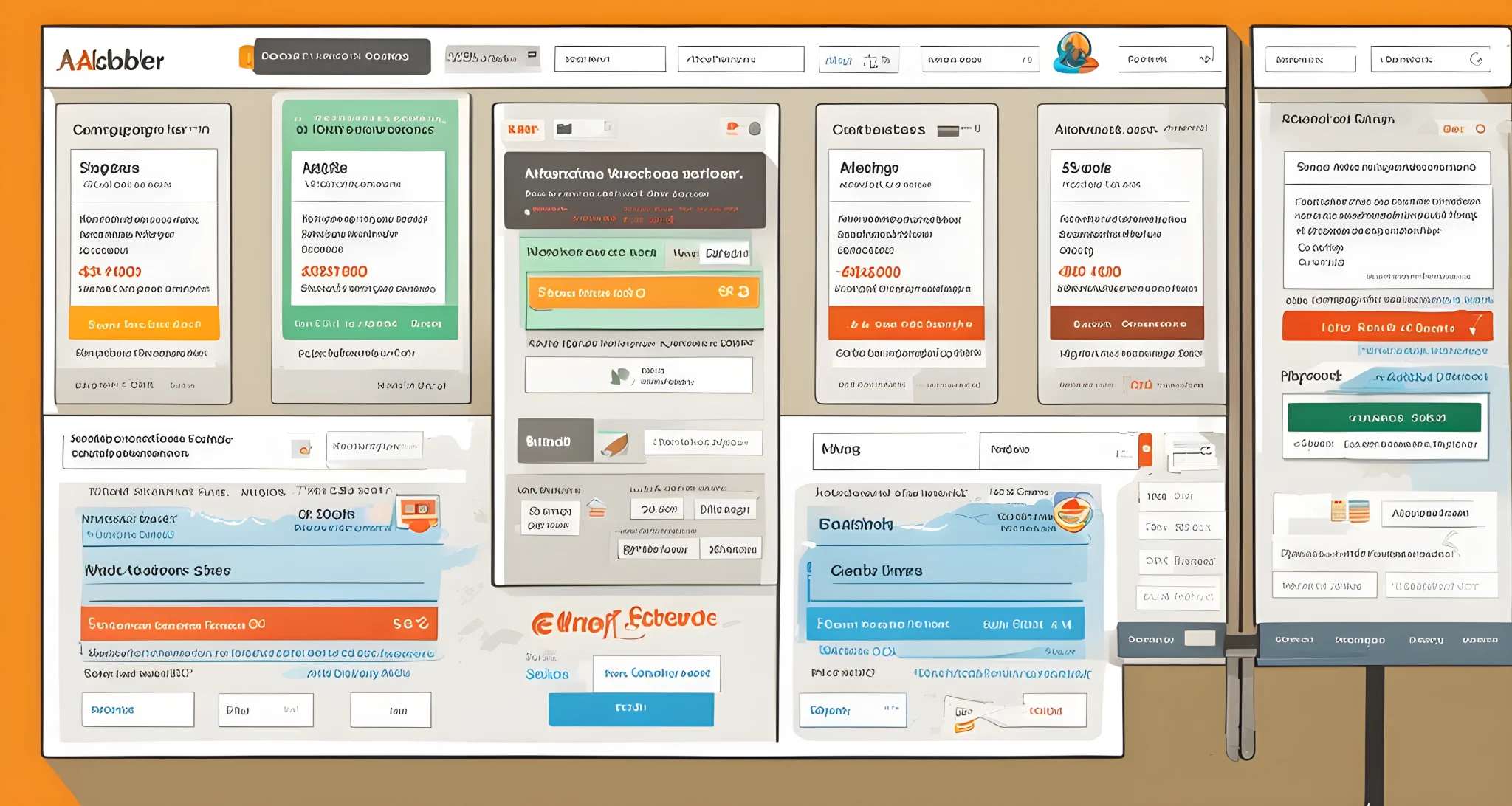
Meticulous Budgeting Methods
When it comes to budgeting for travel, being meticulous is key to staying on track and making the most of your funds. Here are some methods to help you create a detailed and accurate travel budget:
Track Your Expenses
- Keep all receipts: Whether it’s for a meal, a museum ticket, or a taxi ride, keeping track of all your expenses will give you a clear picture of where your money is going.
- Use a travel expense tracking app: Utilize technology to your advantage by using apps like Expensify or Trail Wallet to input and categorize your expenses on the go.
Regularly Update Your Spreadsheet
- Daily updates: Make it a habit to update your budget spreadsheet daily with any new expenses or changes in plans.
- Review and adjust: Regularly review your budget and make necessary adjustments based on actual spending. This will help you stay within your financial constraints.
Prioritize Your Spending
- Allocate funds wisely: By categorizing your budget into specific areas such as accommodation, transportation, food, activities, and miscellaneous expenses, you can prioritize your spending based on what matters most to you.
- Consider the Cheapest Days to Fly: One way to save money on transportation is by finding the cheapest days to fly. Check out this article on Inexpensive flight options for tips on how to find the best deals.
Plan for Contingencies
- Set aside an emergency fund: Unexpected expenses can arise during travel, so it’s important to have a contingency fund set aside within your budget.
- Budget for unexpected costs: Consider adding a buffer amount within each category of your budget to account for any unforeseen expenses.
Be Mindful of Currency Exchange Rates
- Monitor exchange rates: If you’re traveling internationally, be mindful of currency fluctuations and factor this into your budget planning.
- Use cost-saving strategies: Look for ways to minimize foreign exchange fees and get the best exchange rates when converting currency.
By implementing these meticulous budgeting methods, you can ensure that every dollar you spend on your travels is accounted for. This level of detail will not only help you stay within your financial means but also allow you to make informed decisions on where and how to spend your money.
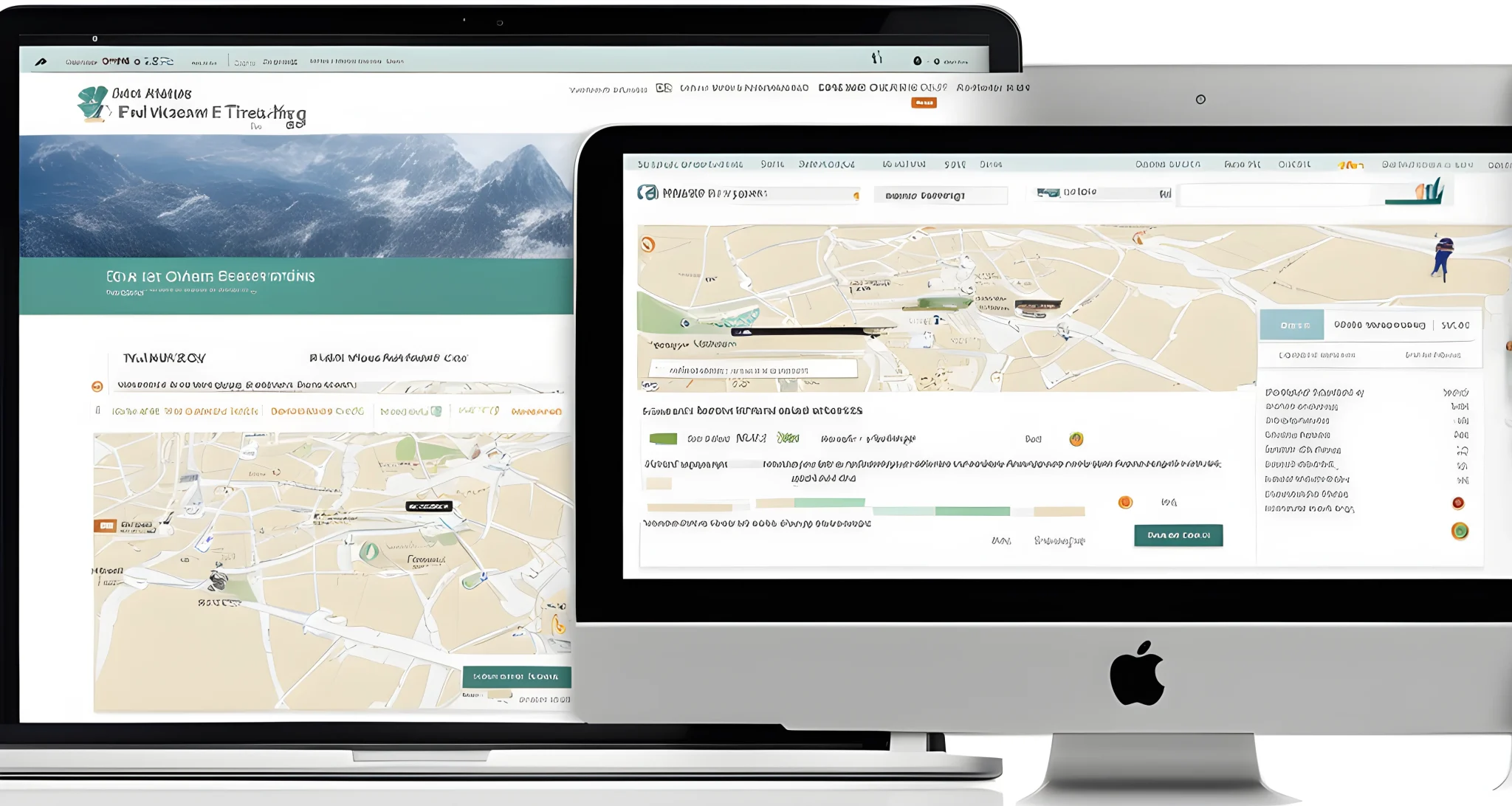
Adjustments and Real-time Tracking
After creating a detailed travel budget spreadsheet and refining your budget with specific categories, it’s essential to be prepared for adjustments and real-time tracking during your trip. Meticulous budgeting methods, such as creating a daily spending limit for each category and tracking your expenses in real-time, can help you stay on track with your budget.
Making Adjustments
- Throughout your trip, unexpected expenses may arise, or you may find that certain categories of your budget are being depleted more quickly than anticipated. In these instances, it’s important to be flexible and willing to make adjustments to your spending plan.
- Be prepared to reallocate funds from one category to another if necessary. For example, if you’ve overspent on dining out, consider cutting back on souvenirs or entertainment expenses to balance it out.
- Consider opting for cheaper alternatives if you find that certain activities or accommodations are costing more than expected. This could mean choosing a budget-friendly restaurant over a high-end dining establishment or finding free or low-cost attractions to visit.
Real-time Tracking
- By monitoring your spending throughout your trip, you can make adjustments as needed to avoid overspending and ensure that you stay within your budget.
- Consider using budget-friendly travel planning tools like Economical Travel Organizers to help track your expenses in real-time. These tools can provide valuable insights into where your money is going and alert you if you’re approaching or exceeding your budget limits.
Peace of Mind
- This proactive approach to budgeting can give you peace of mind and allow you to fully enjoy your travel experience without financial worries.
- Knowing that you have a handle on your finances and are actively managing them can alleviate stress and allow you to focus on making the most of your trip.
In conclusion, being prepared for adjustments and implementing real-time tracking of your expenses are crucial aspects of successful budget travel. By staying flexible and keeping a close eye on your spending, you can ensure that you make the most of your travel budget while avoiding financial strain.
FAQ
What are some useful search engines for finding cheap flights?
Use search engines like google flights, skyscanner, kayak, and momondo to compare prices across different airlines and routes.
When should i book international flights to get the best prices?
For international flights, book well in advance to secure the best prices, typically 3-5 months ahead of your trip.
How can i ensure i see the lowest prices when searching for flights?
When searching for flights, use incognito mode to avoid dynamic pricing and ensure you see the lowest prices.
Why is it important to be flexible with travel dates and destinations when looking for cheap flights?
Being flexible with your travel dates and destinations can significantly impact the cost of your flight, allowing you to find more affordable options.
